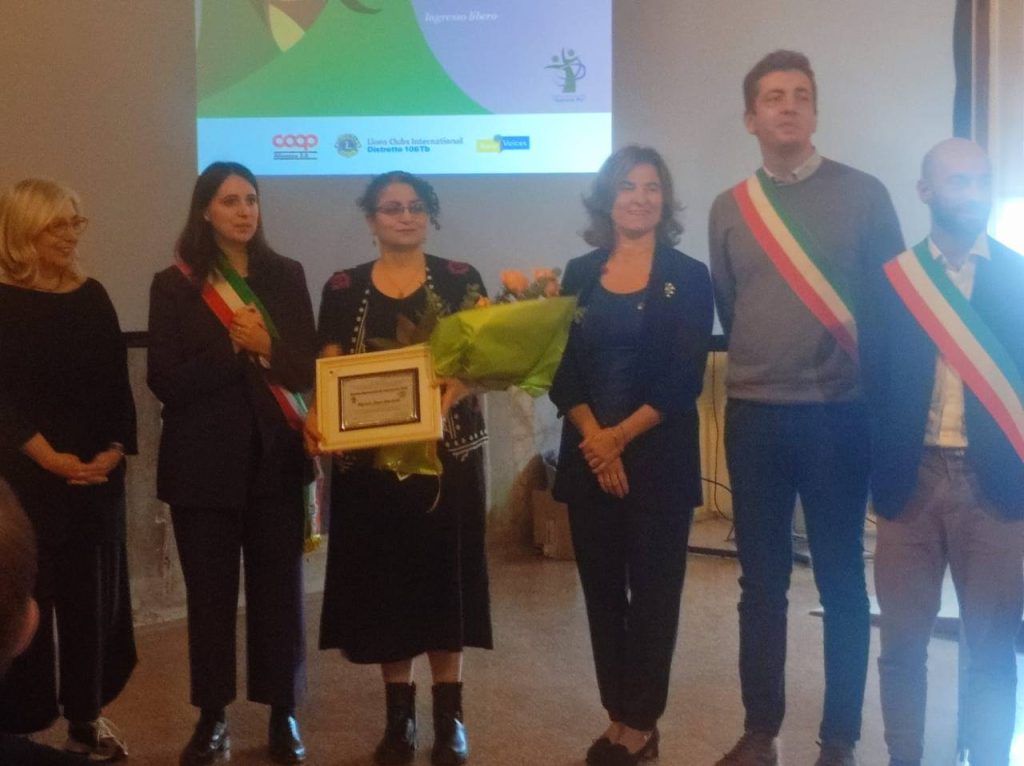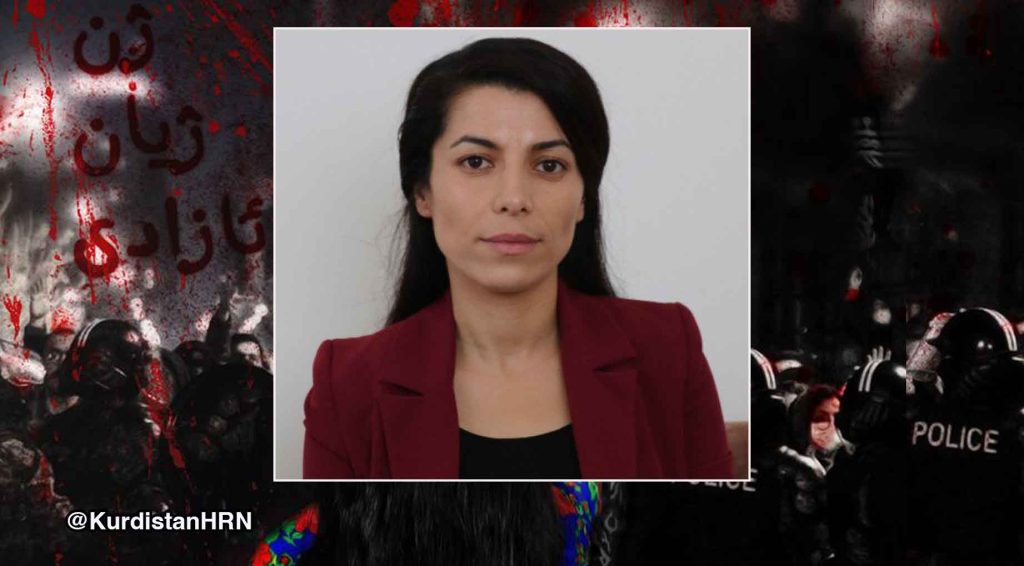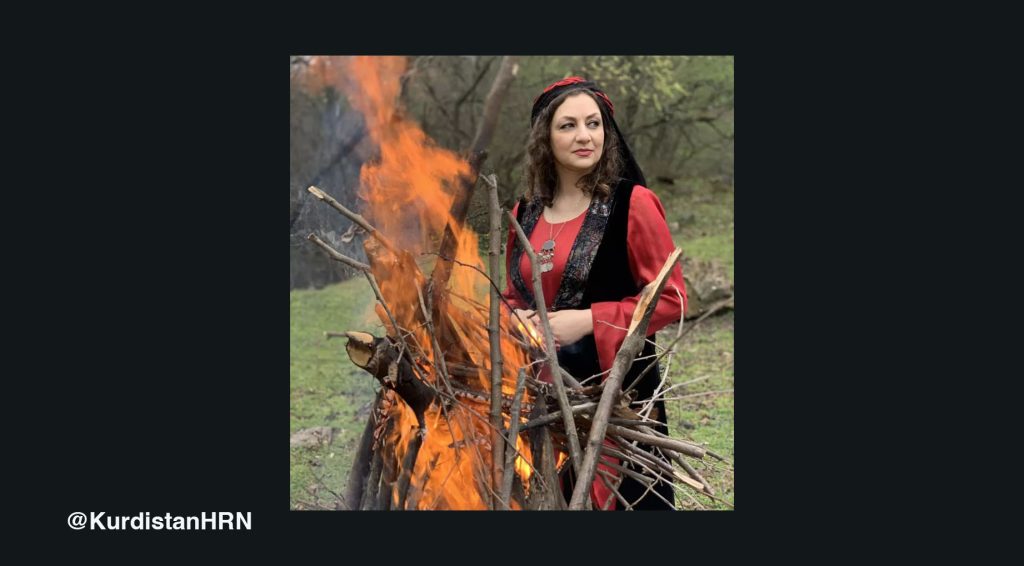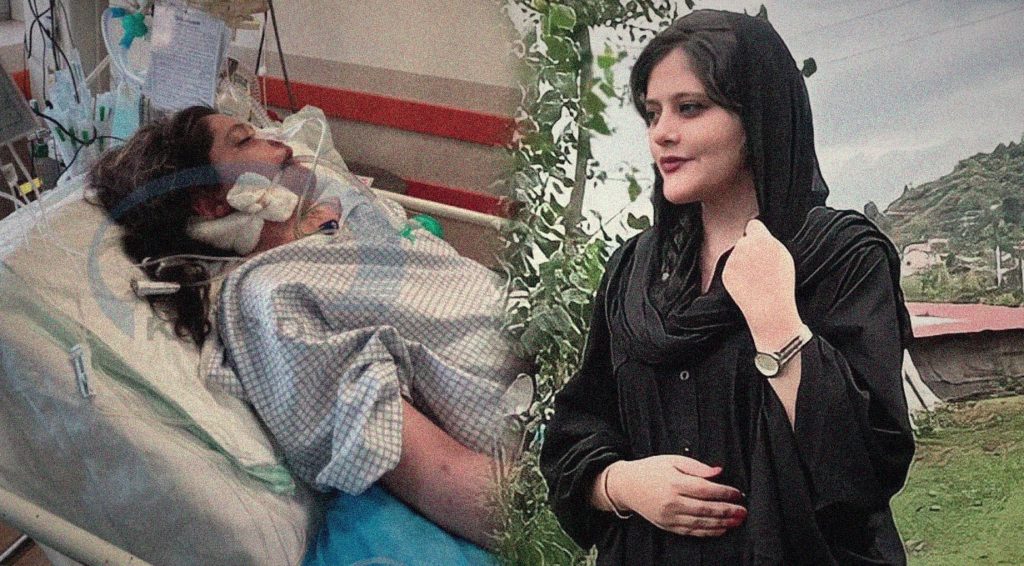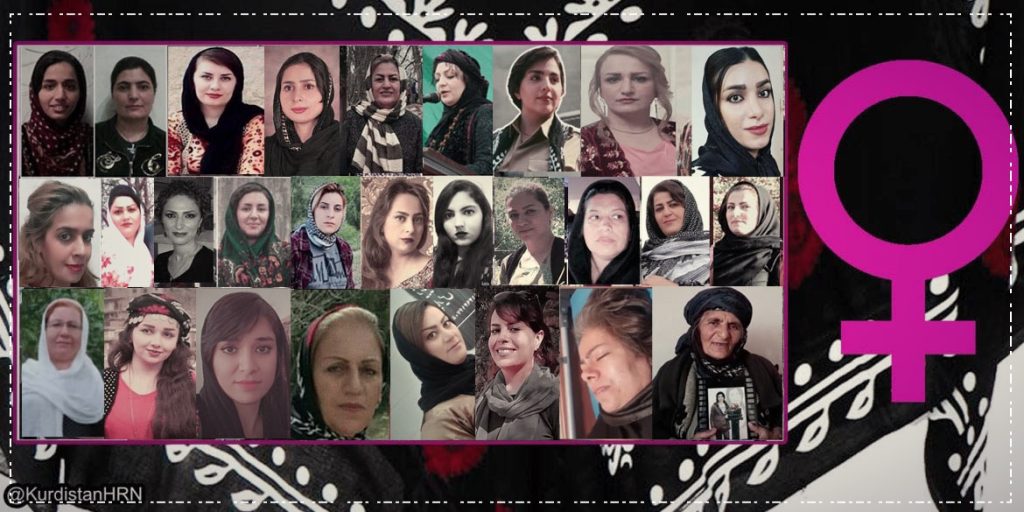An branch of Prosecutor’s Office in Kermanshah has filed a lawsuit against five members of the Kurdish female music band called Glaris due to their joint performance with a female singer and the publishing music videos of the performance online.
The members of the group had previously been summoned to the city’s Islamic “morality police” for a similar reason and questioned about their artistic activities after they had published videos of a female singer performing a song.
A reliable source in Kermanshah confirmed the news to the Kurdistan Human Rights Network and said, “The lead musician of the Glaris music band, Elham Yazdanipour, as well as the other four members, Samira Farahnaki, Nastaran Yazdanipour, Nazanin Atabaki, and Malihe Moradi were informed of their charges, at one of the Prosecutor’s Office in Kermanshah, due to their joint performance with a female singer.”
According to this source, before the mentioned interrogation and after the release of a music video of this group on the occasion of Yalda night, all the members of Glaris music band were summoned twice by phone to the Islamic “morality police” station of Kermanshah. The processes of interrogation and inquiry forced them to make a written commitment not to use female singers in their performances and music videos.
Referring to the ban on women singing and the restrictions in Iran on women’s activities in the field of art and music, Dr. Fatemeh Karimi, director of the Kurdistan Human Rights Network, said “In addition to the barriers of tradition and normality in society, which are strong hurdles in the way of women singing and turning to music, the laws and policies of the Islamic Republic [of Iran] are the main and more serious obstacles for women in this ground. According to Iranian law, concerts performed by female singers are allowed only for female audiences and female singers could only perform as backup vocalists in public concerts for male singers. This is while the issuance of a permission for concerts by female singers for female audiences in cities other than Tehran is subject to much more restrictions and obstacles.”
Dr. Karimi, a researcher focusing on women issues, further pointed out that the Ministry of Culture and Islamic Guidance is responsible for supervising art and music productions. Karimi said the summoning of the members of the Glaris group by the Islamic “morality police” was in line with the government’s sensitivity to artistic activities and its efforts to prevent women from singing. She added, “By applying unwritten laws and citing the fatwas of Shiite religious references, the authorities of the Islamic Republic [of Iran] want to prevent women from performing solo and stop their artistic activities in the form of concerts and production of music videos. However, some women have neither succumbed to the patriarchal social customs, nor have they given in to the sexist policies of the Islamic Republic. And despite various obstacles, they have entered the field of singing. The number of these women has increased in recent years, especially in Kurdistan.”
Glaris female music group was formed in 2017 in the city of Kermanshah and has carried out various performances in different cities as well as in the Kurdistan Region of Iraq. Last year, the group turned down an invitation from a Turkish TV channel as it coincided with the Turkish military offensive on northern Syria, also known as Rojava.
Iran court files lawsuit against members of Kurdish female band Glaris
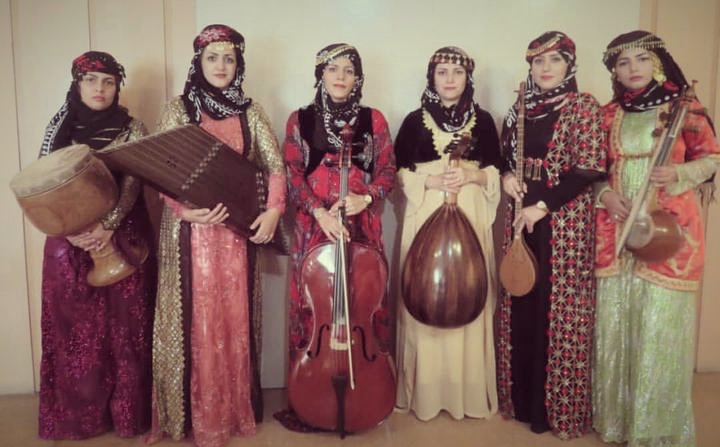
Detention of three Kurdish civilians extended amid fears of death penalty
The Public and Revolutionary Prosecutor’s Office in Bukan, West Azerbaijan Province, has extended the temporary detention of Kurdish civilians Rauf Sheikh-Maroufi, Mohammad Faraji and...
Read MoreWhereabouts of detained father of slain protester unknown
The whereabouts of Kamal Lotfi, the father of Reza Lotfi, one of the protesters killed during the anti-government uprising of Women, Life, Freedom in...
Read MoreIRGC intelligence arrests two Kurdish civilians over Newroz celebrations
Kurdish civilians Mohsen Ghader-Rash and Omid Ghadernezhad were arrested after they were summoned by the Intelligence Organisation of the Islamic Revolutionary Guard Corps (IRGC)...
Read MoreSecurity forces arrest three Kurdish civilians in Sarvabad
Security forces today raided the village of Deyvaznav in Sarvabad, Kurdistan Province, and arrested civilians Omid Shahdad, Omar Hosseini and Ali Hosseini. The Kurdistan...
Read More
